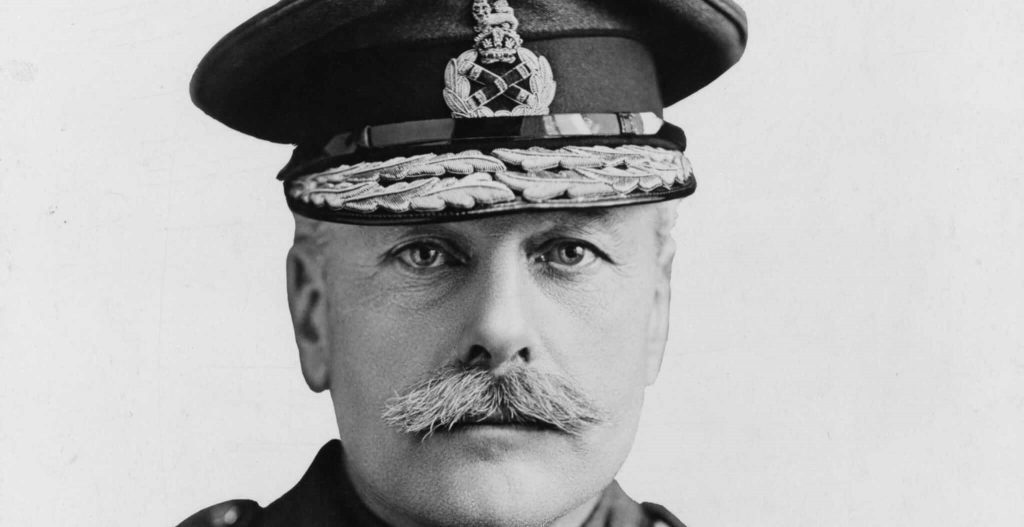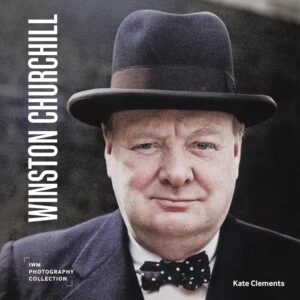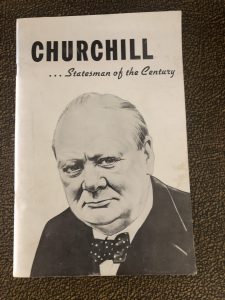Churchill Archive
Telegram from Field-Marshal Sir Douglas Haig to Churchill

Field Marshal Sir Douglas Haig
July 18, 2018
Telegram from Field-Marshal Sir Douglas Haig [later Lord Haig] to WSC thanking him for his congratulations [on the success of the offensive near Amiens] and praising his work as Minister of Munitions
Find the complete document here.
In his letter of 9 August 1918, 100 years ago this month, Douglas Haig wrote a thank you note to Winston Churchill for his congratulations on the successful battle of Amiens and for his efforts as Minister of Munitions in supplying the mechanical warfare, trench mortars, tanks, and airplanes which were instrumental in achieving victory. Churchill had a good working relationship with Haig and had supported him during his reverses on the Western Front in March and April 1918. Haig’s offensives at the Battles of Somme and Passchendaele had resulted in large numbers of casualties and perpetuated his portrayal as a ‘butcher and bungler’ in popular opinion. In fact, Prime Minister Lloyd George and the War Cabinet had been keen to remove Haig as Commander-in-Chief of the British Expeditionary Forces, and it was thanks to his success at Amiens in August that he managed to secure his position.
Amiens was one of the first major battles involving armoured warfare and marked the end of trench warfare on the Western Front. The Fourth Army commander, Henry Rawlinson, combined for the attack eleven divisions (three British, four Canadian, four Australian) comprising 75,000 men, more than 500 tanks, 1,900 aircraft (including French planes), and 2,000 guns. In a surprise attack, massed artillery opened up in a brief but devastating bombardment, targeting German gun batteries and other key positions. Behind the shells, the infantry advanced in support of tanks, a British invention which had made its debut on the Somme in September 1916. Overhead flew the airplanes of the Royal Air Force, bound together by wireless communications. Amiens demonstrated how effective British and Commonwealth forces had become by 1918, but most importantly, it highlighted the key role of military technology in the conduct of modern warfare.
General Erich Ludendorff famously described Amiens as ‘The Black Day of the German Army’, with the Germans losing 27,000 men and 400 guns. Their defeat contributed significantly to bringing an end to World War I.
Subscribe
WANT MORE?
Get the Churchill Bulletin delivered to your inbox once a month.






